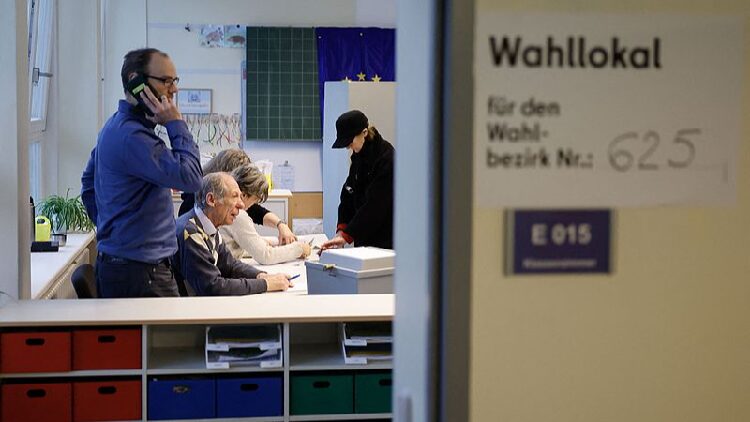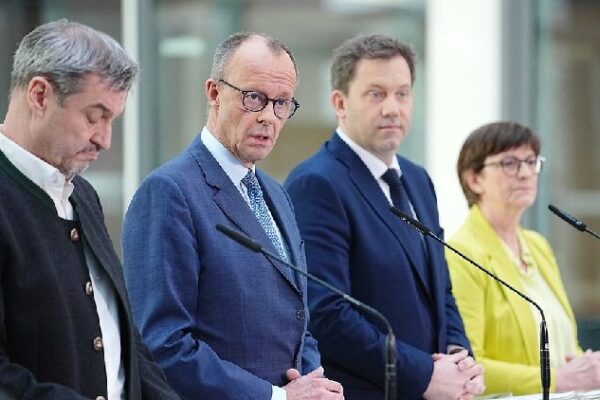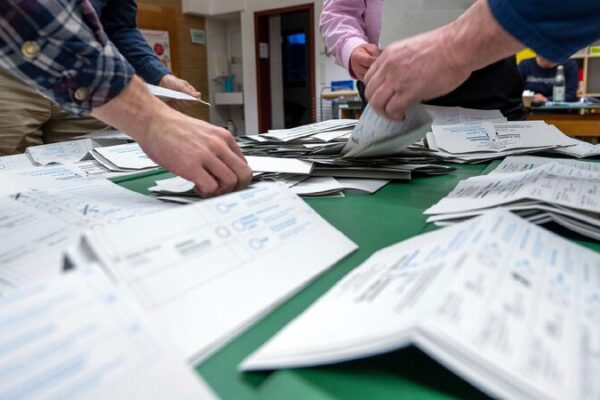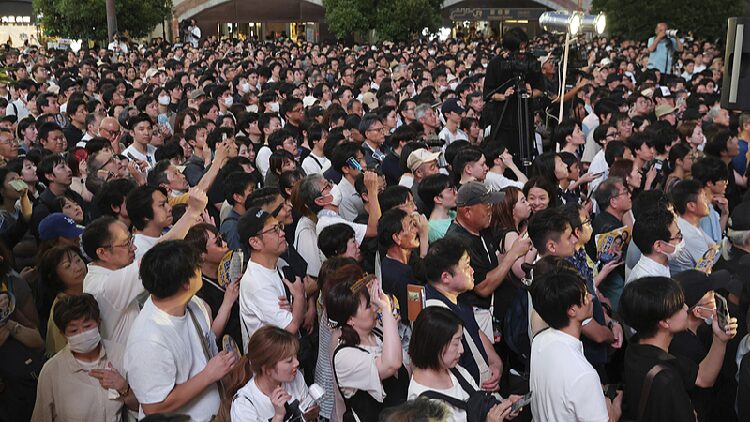Berlin, Germany — Germans headed to the polls Sunday in a high-stakes election that could reshape the nation’s political landscape. Polling stations opened at 8 a.m. local time (07:00 GMT) as millions of voters began casting their ballots to determine the composition of the next Bundestag, Germany’s lower house of parliament.
The election comes after the collapse of the ruling coalition of the Social Democratic Party (SPD), the Greens, and the Free Democratic Party last year, prompting a snap election. Recent polls suggest the conservative bloc of the Christian Democratic Union (CDU) and the Christian Social Union (CSU) is leading, with a Forsa Institute survey showing them at 29% support.
The far-right Alternative for Germany (AfD) is projected to make significant gains, polling at 21%, while Chancellor Olaf Scholz’s SPD trails at 15%. With Germany’s fragmented political landscape, no single party is expected to secure an outright majority of the 630 Bundestag seats, making coalition talks inevitable.
“This election is crucial for Germany’s future,” said political analyst Maria Keller. “The rise of the AfD indicates a shift in voter sentiment, and how mainstream parties respond will shape policy directions on key issues like migration and the economy.”
A total of 4,506 candidates are contesting in 299 constituencies, with over 59 million people eligible to vote. The Forsa survey also revealed that 22% of voters were still undecided shortly before the election, highlighting the uncertainty surrounding the outcome.
Economic Challenges and Global Relations
The new government will face immediate challenges, including reviving Europe’s largest economy after two years of contraction. German businesses are grappling with global competition, and voters are increasingly concerned about their living standards. A Gallup poll indicated that only 27% of Germans felt their situation was improving, a significant drop from 42% the previous year.
Internationally, Germany’s role in global affairs is under scrutiny. The nation must navigate complex relations amid global trade tensions and efforts to address conflicts such as the situation in Ukraine.
The Road Ahead
As voting continues, all eyes are on the potential coalition negotiations that will ensue once results are finalized. “Forming a stable government will not be easy,” noted Keller. “Parties will need to find common ground despite deep differences, especially on sensitive topics like migration.”
Polling stations will close at 6 p.m. local time (17:00 GMT), after which ballot counting will begin and exit polls will be released. The outcome of this election will not only define Germany’s domestic policies but also its position on the global stage.
Reference(s):
cgtn.com








